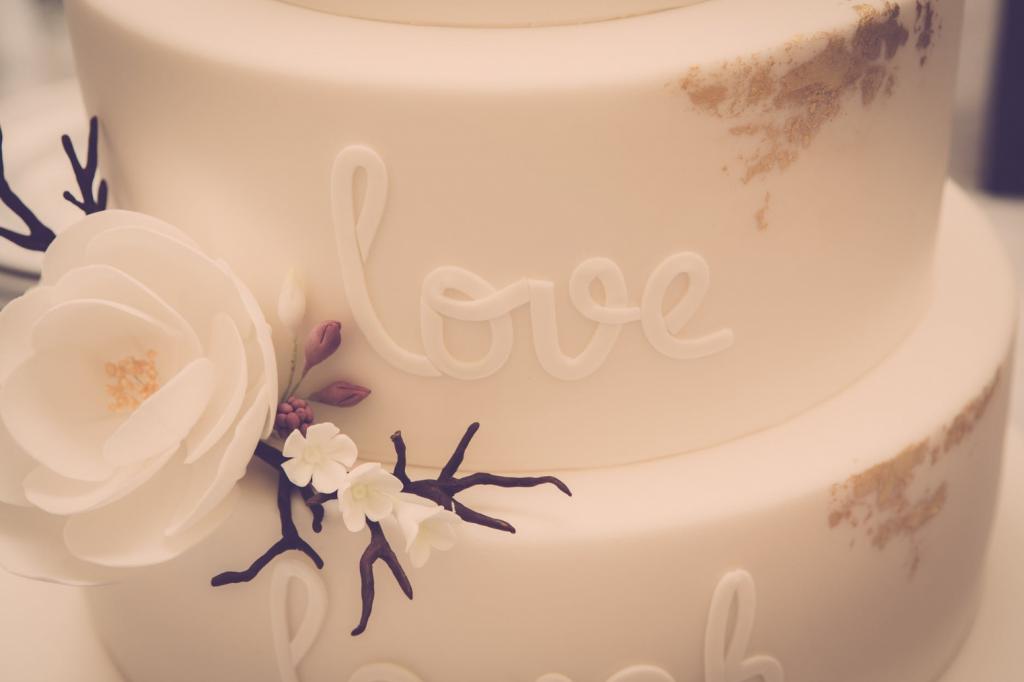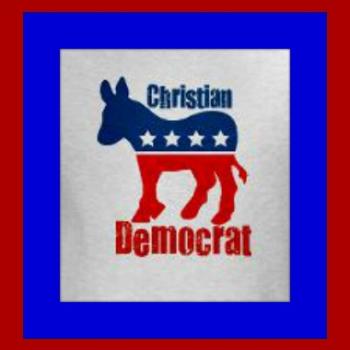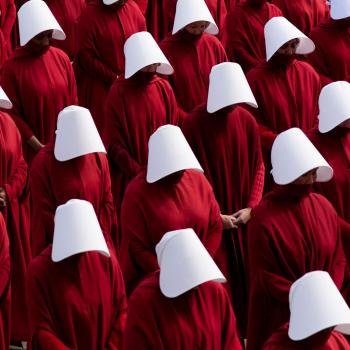
I wish it was simple. I wish what I want in my heart was obviously the right constitutional call. But the case before the Supreme Court, now called Masterpiece Cakeshop Ltd. v. Colorado Civil Rights Commission, is anything but simple, and the right call is far from obvious. The knee-jerk reactionary side of me wants the court to line up in solidarity and take turns slapping sense into the specialty cake baker who refused to create a custom cake for a gay couple. That’s the emotional reaction I desire–but the reasonable and constitutional side of me steps in quickly to say, not so fast. This case is a real doozy. There is so much at stake here and so many seemingly conflicting rights involved. Either way the court rules seems to potentially open up the future to roads I’d be afraid to see us go down.
On the one hand, you have the rights of the gay couple. They walked into a public business with the reasonable expectation of being provided with the service that business provides. They wanted a cake for their wedding. They were denied this service by the shop owner because he is a Christian who believes homosexuality is a sin and he didn’t want to be forced to feel like he was condoning that sin by creating a cake for them. Let’s forget, for a moment, the argument about whether or not Christians should view homosexuality as sinful–it is certainly a hotly debated subject in today’s modern church, but it’s not really the point here, as far as I’m concerned. The way I see it, the baker is singling out this specific kind of “sin”–as he judges it–and, therefore, discriminating against the gay couple. Does the baker look for the sin in other people who request wedding cakes from him? Does he ask people if they are gluttons–if they have told a lie recently–if they drive faster than the posted speed limit–if they have coveted their neighbors’ possessions–if they’ve put anything before God? You get the picture? Of course he doesn’t put anyone else to his sin test. That’s the part that bothers me as much as anything else about this case.
But before we completely throw the baker under the bus, we must consider his rights. The cold, hard facts are, the Constitution and Supreme Court precedent might just be on his side. For better or worse, the rights of the baker are easier to find in the Constitution than the rights of the gay couple. The 1st Amendment clearly gives him the right to his religious beliefs. Some landmark Supreme Court cases seem to tip the scales of justice in the baker’s favor as well, perhaps most notably, Boy Scouts of America v. Dale (2000), wherein the court ruled in favor of the Boy Scouts being able to exclude gays on the grounds that the 1st Amendment implied the right of an expressive organization to exclude members who might undermine the group’s goals or expressive purposes.
Since then, the court has been inching closer to making LGBQT a more protected class with rulings in 2013’s United States v. Windsor and 2015’s Obergefell v. Hodges. Those rulings opened the door to federally recognized same sex marriages. But, on the whole, LGBQT citizens have still not gained full status as a constitutionally protected class.
So the baker may have the Constitution–in its current form–and legal precedent on his side. But that doesn’t make it right and it doesn’t make the Supreme Court’s future ruling any more obvious. In fact, by all accounts, the court is likely going to be in a real tight tussle over this one and we may not expect a ruling for months.
That gives us lots of time to hash out all the different perspectives. It’s just a really tough call.
What if the baker wins? Does that open the door for a new era of segregation? Will we see signs on Christian books stores that say Progressive Christians Forbidden?
This case also begs another question. The biggest group of supporters of the rights of the baker in this case are fundamentalist, evangelical Christians. Would they be as supportive of a Muslim baker who had denied a gay couple a wedding cake? My gut tells me no. And I believe that question cuts to the heart of what is really at play here–is it really purely a defense of religious freedom or is it a thinly veiled excuse for discrimination?
On the other hand, what if the gay couple wins? Does that open the door for the government to step in and dictate the theology of a religion? If a magazine distributor wanted a Christian bookstore to carry its line of pornographic material, should that bookstore be forced to comply?
This case has me tossing and turning. I can’t decide what’s right.
Part of me wishes the baker would have just shown the gay couple the love of Christ by lovingly welcoming them in and making them a cake. Part of me wishes the gay couple would have simply chosen another baker and let it go.
This one is going to be a doozy.
What should a Christian be rooting for in the end.
How would Jesus rule?
I’d love to read your thoughts in the comments.












